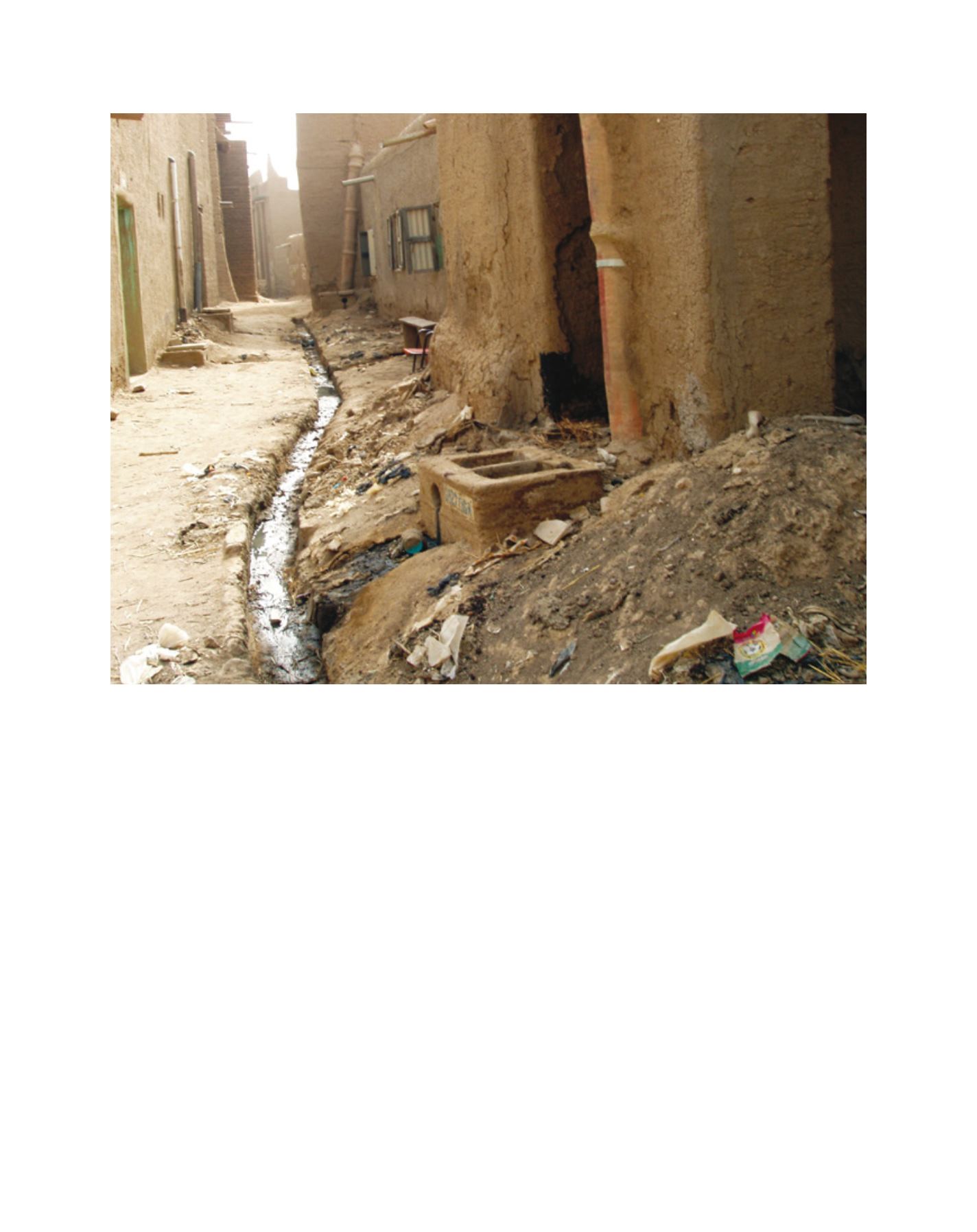

[
] 253
W
ater
C
ooperation
, S
ustainability
and
P
overty
E
radication
to compare a local culture with the ‘modern’ one.
Distinguishing between local views and interpretation
and those of the water professionals is not only useful in
ensuring that an international water cooperation project
will be locally appropriate; it can also avoid ethnocen-
trism, a common human tendency generally leading to
the conclusion that traditional cultures are inferior to
the ‘modern’ one. For example, an ethnocentric atti-
tude would condemn as counterproductive the Hindu
taboo against cattle slaughter whereas it has positive
effects on agricultural productivity in India. In the
same manner, understanding the family structure, the
domestic division of labour and education, roles related
to age and gender and domestic hierarchies, helps to
build an understanding of how basic production and
consumption within a community – all activities that
would not be possible without water – are organized.
Because domestic economy relies on water, all these
factors have a serious impact on the ways that water
resources are allocated and used.
The observation of living reality greatly contributes to
improving a water and sanitation project. To this effect
and at the request of Professor Szollozi-Nagy, then
Anthropology is unique among social and human sciences because
its transdisciplinary, systemic and cybernetic approach does not
only include history, oral literature and linguistics. It also embraces
all the components and processes of social life – the physical envi-
ronment, systems of production, technological knowledge and tools,
family patterns, the political system, religious customs and symbols,
and artistic activities. And it highlights the interconnectedness and
interactions of the multiple aspects of culture. Hence anthropology
offers a unified framework, both theoretical and practical, based on
the premise that biological needs and material constraints, such as
the environment and technology, are primary forces in the evolu-
tion of sociocultural systems. Focusing on the interaction between
the biological and cultural environments of a community can
help to reduce many social problems and impacts when a system
and/or technology of water distribution has to be transformed or
replaced by more effective ones. This is especially important when
new management, laws and economic regulations would inevita-
bly impact a community’s social organization, affect sensitive issues
such as social inequality, sexism and gender equity, exploitation,
poverty and underdevelopment, and generate new patterns of
domestic organization and even new political institutions.
Anthropologists collect and organize cultural data in relation to
recurrent aspects or parts of local sociocultural systems in order
Broken modern pipes create a health hazard for local populations
Image: C. Brelet


















